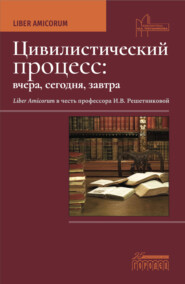По всем вопросам обращайтесь на: info@litportal.ru
(©) 2003-2025.
✖
The Lock and Key Library: The most interesting stories of all nations: American
Настройки чтения
Размер шрифта
Высота строк
Поля
65
A piratical vessel.
66
Exhausted.
67
In Irving's time, quills were made into pens by pointing or "nibbing" their ends.
68
Biloquium, or ventrilocution. Sound is varied according to the variations of direction and distance. The art of the ventriloquist consists in modifying his voice according to all these variations, without changing his place. See the work of the Abbe de la Chappelle, in which are accurately recorded the performances of one of these artists, and some ingenious though unsatisfactory speculations are given on the means by which the effects are produced. This power is, perhaps, given by nature, but is doubtless improvable, if not acquirable, by art. It may, possibly, consist in an unusual flexibility or extension of the bottom of the tongue and the uvula. That speech is producible by these alone must be granted, since anatomists mention two instances of persons speaking without a tongue. In one case the organ was originally wanting, but its place was supplied by a small tubercle, and the uvula was perfect. In the other the tongue was destroyed by disease, but probably a small part of it remained.
69
Another clergyman in New England, Mr. Joseph Moody, of York, Maine, made himself remarkable by the same eccentricity that is here related of the Reverend Mr. Hooper. In his case, however, the symbol had a different import. In early life he had accidentally killed a beloved friend, and from that day till the hour of his own death, he hid his face from men.

















